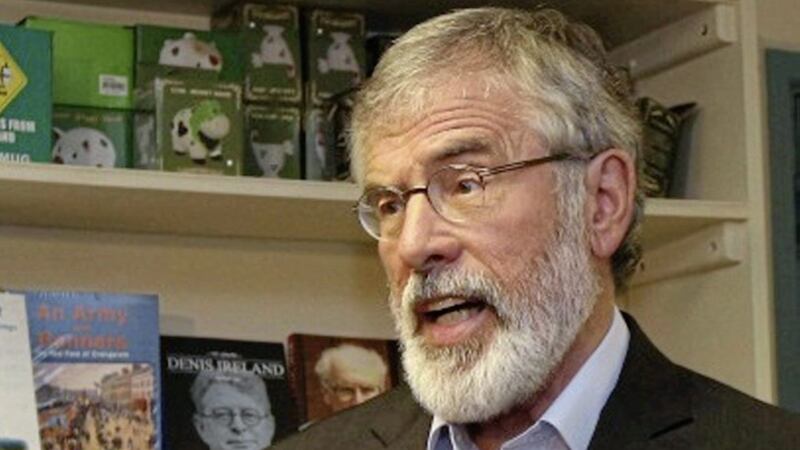The deadlock in Brexit negotiations was inevitable, Sinn Fein president Gerry Adams has claimed.
Mr Adams accused Prime Minister Theresa May's Government of being unwilling to engage substantially on the three key issues of the divorce bill, the Irish border and European Union citizens' rights.
He also called for Northern Ireland to be given designated special status in the European Union (EU).
"There is a real danger that the current approach by the British Government could lead to a scenario where no deal is reached," he said.
"While every effort must be made to persuade the British Government to engage properly, the Irish Government must now urgently accept the need for the north to be designated a special status within the EU.
"This is the only sure way of giving a measure of protection to both economies on this island."
Earlier today, the the EU's chief negotiator Michel Barnier said that fifth round of Brexit talks did not make any "massive steps forward".
Mr Barnier said that there was "deadlock" on the issue of the scale of Britain's financial settlement and that there had been no negotiations on the issue this week.
Mrs May's announcement in her Florence speech that Britain would honour commitments entered into as an EU member was "important", he said.
But he added: "This week, however, the UK repeated that it was still not ready to spell out these commitments.
"There have therefore been no negotiations on this subject. We confined ourselves to technical discussions - useful discussions, but technical discussions.
"On this question we have reached a state of deadlock which is very disturbing for thousands of project promoters in Europe and it's disturbing also for taxpayers."







